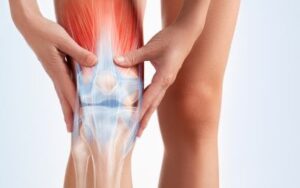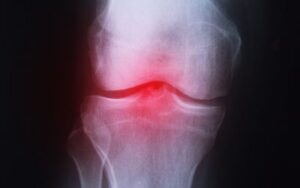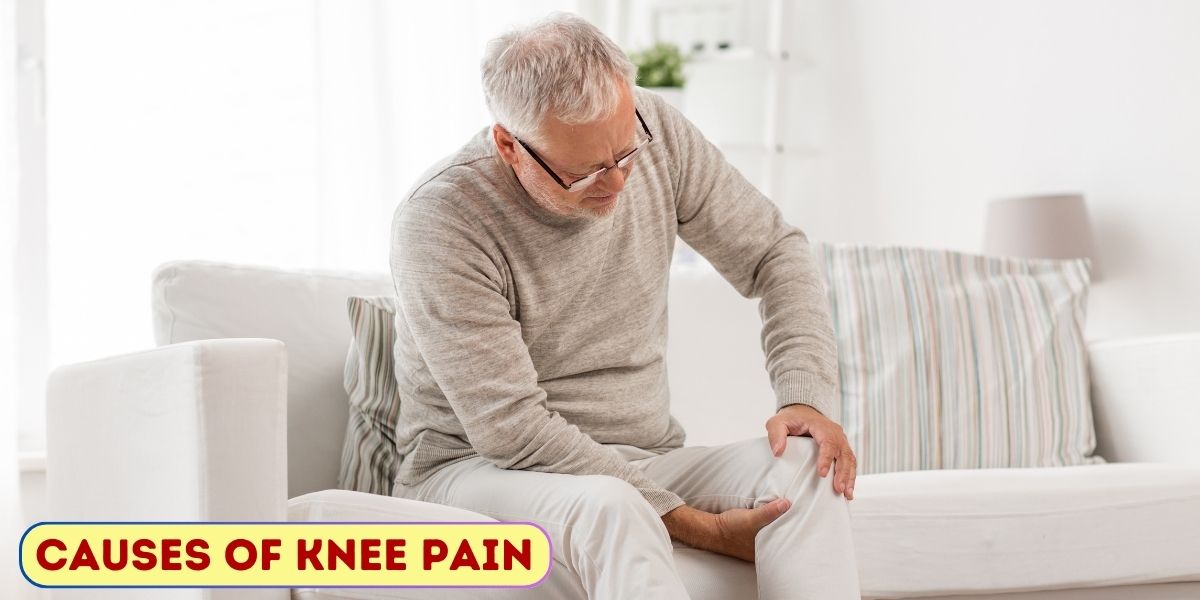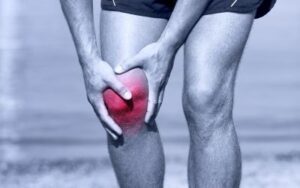Knee pain is a prevalent issue that can affect individuals of all ages and lifestyles. Whether you are an athlete, a busy professional, or a senior citizen, dealing with knee discomfort can significantly impact your daily activities and overall quality of life. Understanding the common causes of knee pain is crucial for proper management and prevention.
Common Causes of Knee Pain
Injury or Trauma
Injury or trauma to the knee is one of the primary reasons for experiencing pain in this joint. Various accidents, sports injuries, or sudden movements can lead to damage within the knee structure, resulting in pain and inflammation.
Ligament Injuries
Ligament injuries, such as a torn ACL (anterior cruciate ligament) or MCL (medial collateral ligament), are common among athletes involved in sports that require quick pivoting or sudden changes in direction. These injuries often occur due to twisting motions or direct blows to the knee.
Arthritis
Arthritis is a degenerative condition that affects the joints, including the knees. There are several types of arthritis that can cause knee pain, with osteoarthritis and rheumatoid arthritis being the most common.

Osteoarthritis
Osteoarthritis occurs when the cartilage in the knee wears down over time, leading to pain, stiffness, and swelling. This condition is often seen in older adults but can also affect younger individuals, especially those with a history of knee injuries.

Rheumatoid Arthritis
Rheumatoid arthritis is an autoimmune disorder that causes inflammation in the joints, including the knees. This chronic condition can lead to joint damage and severe pain if left untreated.

Symptoms and Diagnosis
The symptoms of knee pain vary depending on the underlying cause but may include pain, swelling, stiffness, weakness, and difficulty bearing weight on the affected knee. A thorough physical examination, along with imaging tests such as X-rays or MRI scans, may be necessary to diagnose the specific cause of knee pain.
Prevention Tips
Preventing knee pain involves maintaining a healthy lifestyle, avoiding overuse or strain on the knees, wearing proper footwear, warming up before physical activity, and practicing proper technique during exercise or sports. Strengthening the muscles around the knee joint can also help prevent injuries and reduce the risk of developing knee pain.
Conclusion
Knee pain can significantly impact daily life, but understanding its common causes and taking preventive measures can help manage symptoms and reduce the risk of future injuries. If you experience persistent or severe knee pain, it’s essential to consult with a healthcare professional for proper diagnosis and treatment. Dr. Murtaza Adeeb, a knee replacement surgeon in Pune, offers specialized expertise in addressing knee-related issues.
Common FAQs related to knee pain
Is exercise good for knee pain?
- Low-impact exercises such as swimming, cycling, and walking can help strengthen the muscles around the knee joint and improve flexibility, which may alleviate knee pain.
How can I prevent knee pain while exercising?
- To prevent knee pain during exercise, it’s essential to warm up properly, use proper technique, wear supportive footwear, and avoid overexertion.
When should I see a doctor for knee pain?
- You should see a doctor if you experience severe knee pain, swelling, instability, or difficulty bearing weight on the affected knee, or if your knee pain persists despite rest and home treatments.









